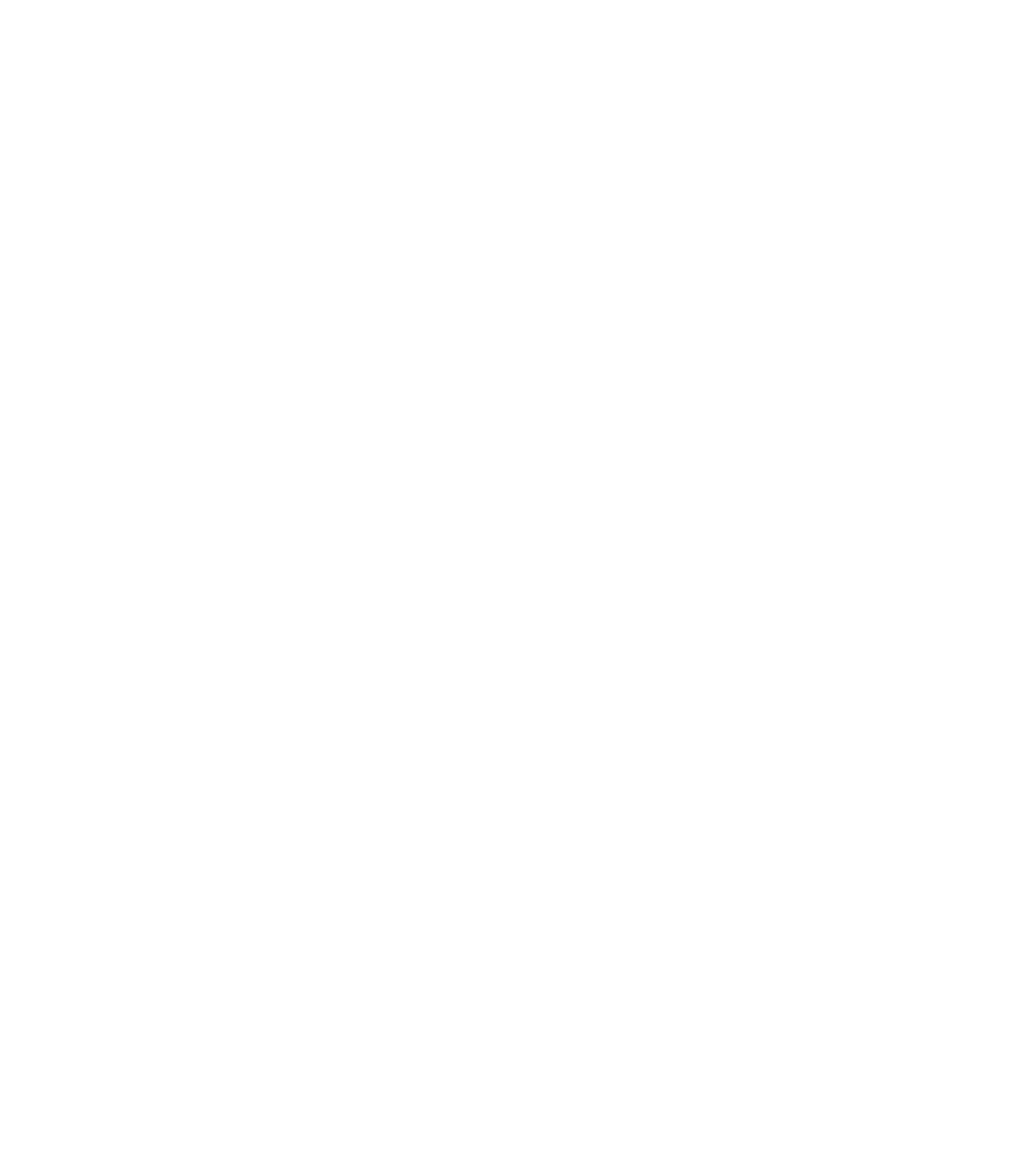If you or a loved one is struggling with depression, it can be overwhelming to consider the many different treatment options available. One form of therapy that has shown promise in managing symptoms of depression is Dialectical Behavior Therapy (DBT). In this article, we'll explore what you need to know about using DBT therapy for depression, including its development, how it works, benefits, and more.
How DBT Was Developed
DBT therapy was developed in the 1980s by psychologist Marsha Linehan, with the goal of helping individuals with borderline personality disorder (BPD) manage their intense emotions and improve their interpersonal relationships. Over time, DBT therapy has been adapted to treat a variety of mental health conditions, including depression. To learn more about the creator of DBT therapy, Marsha Linehan, and her work at the University of Washington Behavioral Research & Therapy Clinics, check out her profile page.
How DBT Works
DBT therapy is based on the principles of cognitive-behavioral therapy (CBT), with an added emphasis on mindfulness, distress tolerance, emotion regulation, and interpersonal effectiveness skills. Individuals who participate in DBT therapy typically receive a combination of individual therapy, group therapy, and skills training sessions, with the goal of learning new coping mechanisms and improving relationships with others.
Benefits of DBT and How It Can Help Depression Symptoms
Research studies have shown that DBT therapy can be an effective form of treatment for depression, particularly for individuals who have not responded well to other forms of therapy or medication. DBT therapy can help manage symptoms of depression by teaching individuals how to regulate their emotions, improve communication and problem-solving skills, and cope with stress and difficult situations.
Gradual Improvement with DBT
It's important to note that progress with DBT therapy is typically gradual, and it may take several months or even years to see significant improvements. However, many individuals who have participated in DBT therapy report feeling more in control of their emotions, experiencing fewer depressive episodes, and having more fulfilling relationships with others.
Is DBT Effective for Depression?
While more research is needed to fully understand the effectiveness of DBT therapy for depression, preliminary studies suggest that it can be a promising form of treatment for this condition. One study published in the Journal of Affective Disorders found that individuals who received DBT therapy had significantly fewer depressive symptoms than those who received treatment as usual.
How Does DBT Support Depression?
DBT therapy can support individuals with depression by teaching them how to manage their emotions, improve communication and interpersonal skills, and cope with stress and difficult situations. Additionally, DBT therapy can help individuals develop a greater sense of self-worth and purpose in life, which can be essential for managing symptoms of depression.
Integrating DBT Skills into Daily Life
Practicing DBT skills in daily life is essential for individuals who want to see lasting improvements in their depressive symptoms. Effective strategies for managing anxiety can also be helpful in addressing the anxiety that often accompanies depression. Integrating these
skills into daily routines and developing healthy habits can lead to significant improvements in overall well-being and functioning.
Incorporating Mindfulness Techniques
One of the core components of DBT is the practice of mindfulness, which involves cultivating nonjudgmental awareness of the present moment. Incorporating mindfulness techniques into daily life can help individuals with depression become more attuned to their thoughts and emotions, allowing them to respond more effectively to challenging situations. Practicing mindfulness regularly can also improve overall mental health and well-being.
Working on Interpersonal Effectiveness
Another important aspect of DBT therapy is the development of interpersonal effectiveness skills, which can be particularly beneficial for individuals with depression who struggle with maintaining healthy relationships. By learning how to communicate more effectively, set boundaries, and navigate conflicts, individuals with depression can experience improvements in their relationships with others. Transforming relationships is an essential part of the recovery process for many individuals with depression.
DBT for Co-occurring Disorders
It's not uncommon for individuals with depression to also experience other mental health conditions, such as anxiety or BPD. In these cases, DBT therapy can be particularly helpful, as it addresses a range of emotional and behavioral challenges that often co-occur with depression.
Finding a DBT Therapist
If you're interested in exploring DBT therapy for depression, it's important to find a qualified therapist who has experience working with individuals with depression and is trained in the delivery of DBT. Many mental health professionals offer DBT therapy, and some even specialize in treating depression using this approach.
Conclusion
DBT therapy can be a promising form of treatment for individuals struggling with depression. By developing new coping mechanisms, improving relationships with others, and learning how to manage difficult emotions, individuals can lead happier and more fulfilling lives. If you're interested in learning more about DBT therapy for depression, talk to your mental health provider to see if it may be a good fit for you.
Key Components of DBT Therapy
| Component | Description |
|---|---|
| Mindfulness | Cultivating nonjudgmental awareness of the present moment |
| Distress Tolerance | Developing skills to cope with stress and difficult emotions |
| Emotion Regulation | Learning strategies to manage and regulate emotions |
| Interpersonal Effectiveness | Improving communication, problem-solving, and relationship-building skills |
Stages of DBT Therapy for Depression
| Stage of DBT Therapy | Focus |
|---|---|
| Stage One | Developing coping skills to manage difficult emotions and reducing self-destructive behaviors |
| Stage Two | Improving relationships with others and developing better communication skills |
| Stage Three | Addressing past trauma and other unresolved issues, and building self-esteem and a sense of self-worth |
| Stage Four | Finding meaning and purpose in life and developing a sense of inner peace and contentment |
Remember, it's essential to work with a qualified mental health professional to ensure that you receive the appropriate treatment and support for your unique needs.
